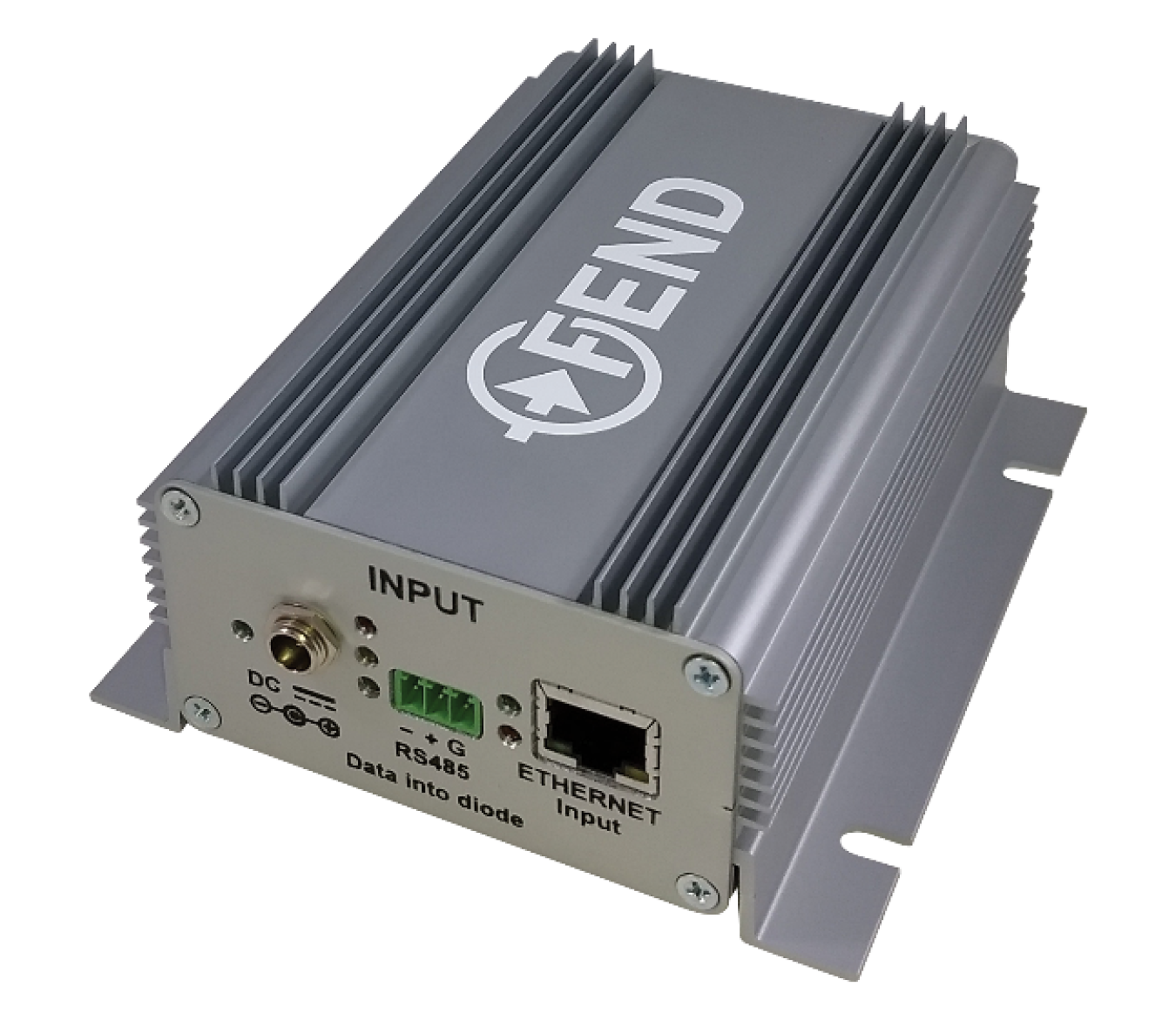In 2018, Fend received $150,000, its first round of funding through DOE’s Small Business Innovation Research program, to prove that its idea for a low-cost, easily installed device that enhances the security of solar energy systems could work.
Solar Energy Technologies Office
November 17, 2021
“Hack” has many definitions, but it’s probably most associated with a cybersecurity breach. With more solar energy on the electric grid, protecting the nation’s power system is a priority for the U.S. Department of Energy (DOE). So when Fend Incorporated—a small business in Arlington, Virginia—wanted to develop and domestically produce a device that protects large-scale photovoltaic (PV) control systems from hacks, DOE awarded Fend $1.2 million.
In 2018, Fend received $150,000, its first round of funding through DOE’s Small Business Innovation Research program, to prove that its idea for a low-cost, easily installed device that enhances the security of solar energy systems could work. This device is called a data diode, and while Fend did not invent it, the company tailored the technology for PV systems communications and control while significantly reducing the cost, compared to competitive products.
Data diodes let data flow from one network to another in only one direction, instead of back and forth, to keep malware out. They’re so effective that the U.S. Cybersecurity and Infrastructure Security Agency recommends using them. Fend’s data diode collects data from solar equipment and sends it to a network or the cloud for real-time monitoring. It contains optical isolation technology to physically block inbound cyberattacks and is rugged enough to withstand extreme weather conditions.
Fend used DOE funding to build a prototype, then installed it with customers who had solar energy systems—including local schools and libraries—to get feedback to incorporate into the product design. This customer feedback better positioned Fend for rapid market entry.
For example, Fend made the diode more tamper-resistant by disabling it if it got attacked. The company also added batteries to enable data transmission during power outages, made it easier to install, and established a cloud-based platform to collect data.
These enhancements led to a second round of DOE funding in 2019: $1,050,000 to advance and commercialize the prototype and cloud platform. To obtain the most rigorous testing the nation has to offer, Fend turned to the U.S. Army, which attacked the device in different ways to see how it responded. It passed the test.
The device has been on the market for about a year and has attracted enterprise customers in solar energy, manufacturing, water treatment, and defense. Fend received nearly $1 million in private investment, along with government contracts and grants totaling about $3 million, and is raising additional, private follow-on funds over the next six months to expand its customer support, deployment, and sales teams.
Fend is also creating jobs. The company has grown from two employees to seven, plus an external team that includes a Virginia-based manufacturer, a sales team, channel partners, and administrative support. Fend also gets manufacturing, sales, and other support from at least 20 small businesses. Now it’s scaling up production to meet increasing demand.
Learn more about DOE’s solar cybersecurity research and small-business support programs.

